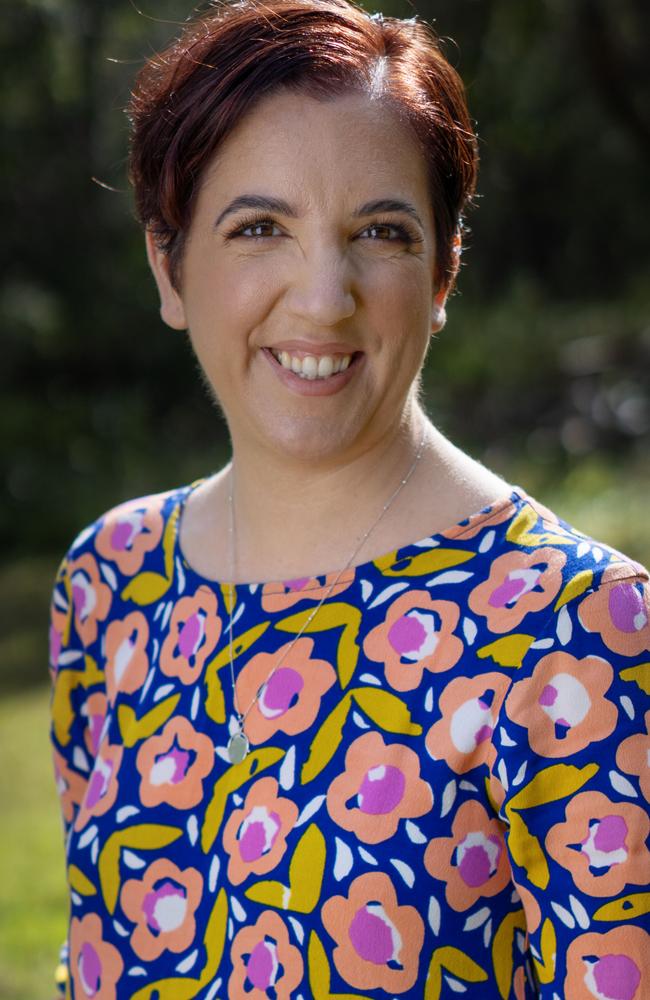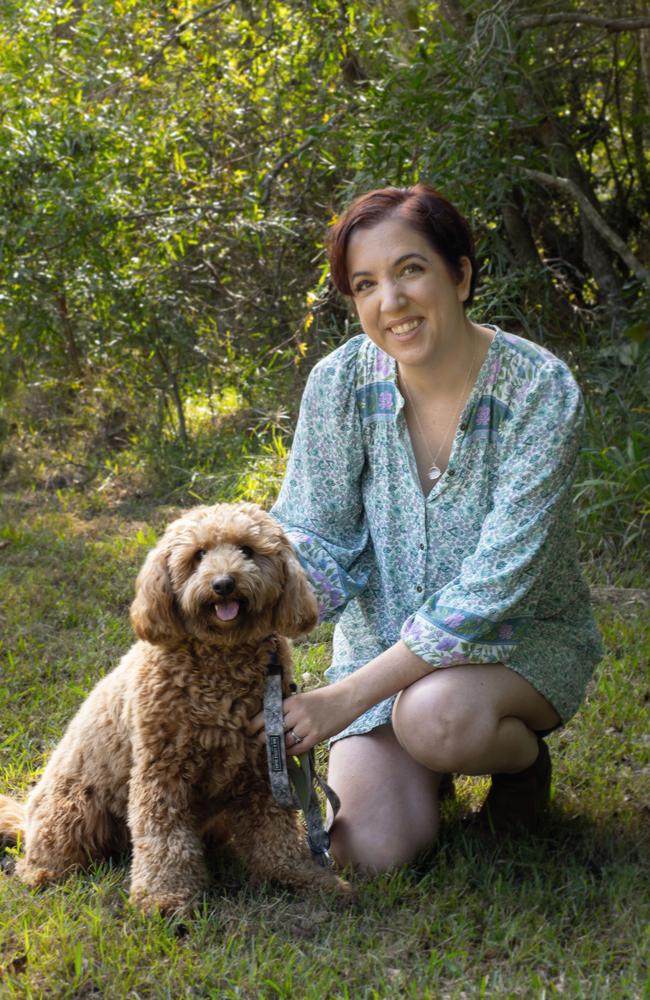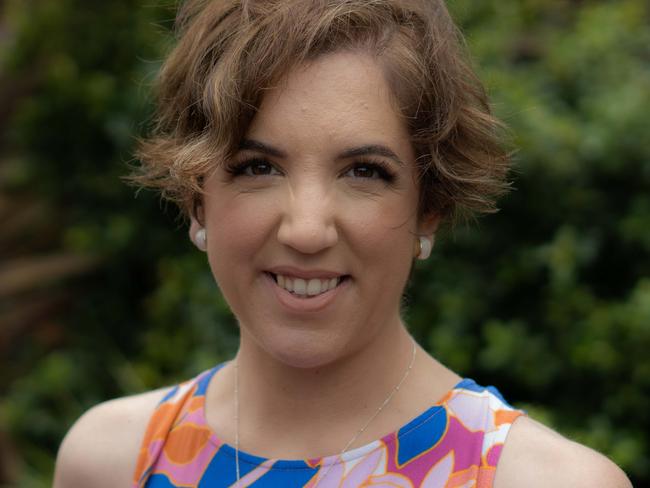Chelsea Luker: What it’s like having autism and ADHD
Being Autistic and having ADHD, for me, means living in a brain that is always on. It’s like having dozens of browser tabs open, writes Chelsea Luker.
Neurodivergence
Don't miss out on the headlines from Neurodivergence. Followed categories will be added to My News.
When I was eight, I got in trouble for doing my babysitter’s 16-year-old daughter’s homework.
She’d asked me to help, and it looked easy to me — so I did it. I couldn’t understand why everyone was upset. I thought I was being helpful.
That moment has always stuck with me. Partly because I loathe getting in trouble, but mostly because I genuinely didn’t understand what I’d done “wrong.”
Social rules felt invisible to me — shifting, unsaid, and endlessly confusing. I was constantly trying to catch up.
I was the fast brain. The rule follower. I was reading novels before school started and preferred books to people. I’d often leave play dates early — not because I was upset or rude, but because I was done. I didn’t understand the unspoken rules of friendship, but I did understand structure. I clung to it.

I got top marks through school and university, was well-liked by teachers, and ticked all the boxes I was meant to. But underneath the glowing reports and good behaviour, I was exhausted.
The energy it took to mask — to act “normal,” to manage sensory overload, to push through social fatigue — built up slowly. Until it didn’t.
After I fell pregnant with my second child, everything unravelled. The systems I’d built to keep myself afloat no longer worked. I couldn’t juggle all the roles. I couldn’t hide my overwhelm.
For the first time, I couldn’t outperform my own needs.
That was the beginning of understanding my neurodivergence — not just as a concept, but as me. Suddenly, so many things made sense.
Being Autistic and ADHD, for me, means living in a brain that is always on. It’s like having dozens of browser tabs open — music is playing from one you can’t find, and three others are flashing pop-ups. I feel things deeply and suddenly: joy, grief, injustice, delight.
I can hyperfocus so completely that hours disappear, then forget what I was doing in the middle of brushing my teeth.

I lose my words several times a day, despite being incredibly articulate. I walk into rooms and forget why I’m there — not once, but repeatedly. I interrupt people without meaning to. I cry when I’m overwhelmed.
Noise is one of the hardest things. It’s not just volume — it’s complexity.
Overlapping conversations, background music, the clatter of plates and coffee machines in a cafe — it all hits at once.
I can’t tune any of it out. I can’t focus on one voice. Instead, I hear them all, and it’s like my brain is trying to process fifteen radio stations at the same time. I go silent. My battery drains. And no one sees it happening.
So, I mask.
Masking, for me, feels like performing. I grew up doing drama — so I know how to play a part. So, I suppress my need to fidget, smile through discomfort, and pretend small talk doesn’t hurt. I pretend everything is fine, even when it’s falling apart. Over time, masking can make me forget who I am underneath it all.

But I also love fiercely. I notice the small things — the flicker of emotion in someone’s face, the beauty in an everyday moment, the smell of the air before a storm. My brain is a constant buzz of ideas, feelings, questions, connections. It’s a sparkly, noisy, sensitive world in here — and I wouldn’t trade it.
I’m one of the lucky ones. I had access to information and support when things started falling apart. Not everyone gets that. And while diagnosis doesn’t fix everything, it helped me make sense of myself — not as someone broken, but as someone misunderstood.
These days, I try to live in a way that honours my needs instead of hiding them. I build in rest. I let myself fidget. I support my executive functioning. I’ve stopped trying to fit into spaces that weren’t made for me.
If you’ve ever felt like the world wasn’t quite built for you — maybe it wasn’t. But that doesn’t mean you don’t belong. Sometimes, it just means finding a different way through.
Chelsea Luker is a psychologist, author, and parent of two neurodivergent children. She lives on Bundjalung Country in Northern NSW.
Her book, Square Me, Round World, shares short stories exploring the experience of growing up Autistic and ADHD.
She is also a member of the Australian Association of Psychologists.
Originally published as Chelsea Luker: What it’s like having autism and ADHD



